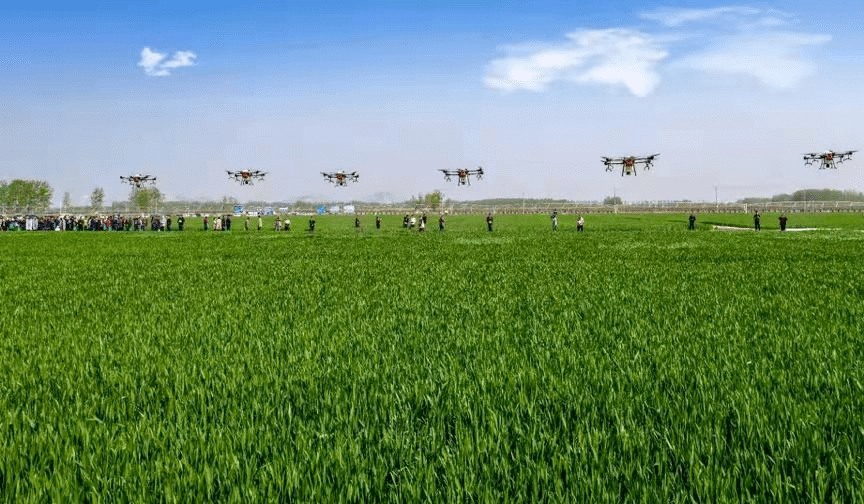As a representative country of modern agricultural technology, Japan has invested heavily in the field of smart agriculture. Due to Japan being an island country with insufficient land resources and frequent natural disasters, the overall development of its agricultural economy has been constrained to some extent. However, the natural environment only hinders Japanese farmers from horizontally expanding their agricultural area, but does not limit Japan’s deep development in agricultural technology.
In 2019, the annual output value of Japan’s agricultural exports exceeded 900 billion yen. The Japanese government hopes to promote the overall production level of agriculture, forestry, animal husbandry, and fishing through smart agriculture, accelerate the growth of agricultural exports, and boost local economies. The Japanese Ministry of Agriculture, Forestry and Fisheries plans to increase the total export value of agricultural products to 2 trillion yen in 2025 and reach 5 trillion yen by 2030.
Miyagi Prefecture Prefecture is the economic and cultural center in northeastern Japan, and the fertile plain also provides unique conditions for the development of agriculture. Tome, in the north of Miyagi Prefecture Prefecture, is famous for rice and is one of the main origins of rice in Japan. However, with the diversified development of Japanese culinary culture, the sales of rice in China continue to decline.
In 2003, JA Miyagi Tome, a local branch of the Japanese Agricultural cooperative (JA), took the lead in reducing the use of pesticides and fertilizers in rice fields. Environmentally friendly, organic, and pollution-free have become the hallmarks of Dengmi rice. After nearly 20 years of development, 80% of Dengmi rice is currently grown strictly in accordance with pollution-free environmental standards.
Planting pollution-free rice will increase farmers’ economic and labor burden in many ways. However, like many other rural areas in Japan, as the population ages and young people move to cities, Dengmi has encountered a shortage of labor. In the past twenty years, the number of farms in the region has decreased by half.
In order to solve the problem of labor shortage and increase the yield of rice fields, Dengmi rice farmers have introduced intelligent agricultural technologies such as drones and sensors. They use drones to achieve precise pesticide spraying, and sensors to monitor real-time changes in water levels in large areas of farmland, enabling farmers to manage their rice fields with minimal labor.







Please sign in to comment
register